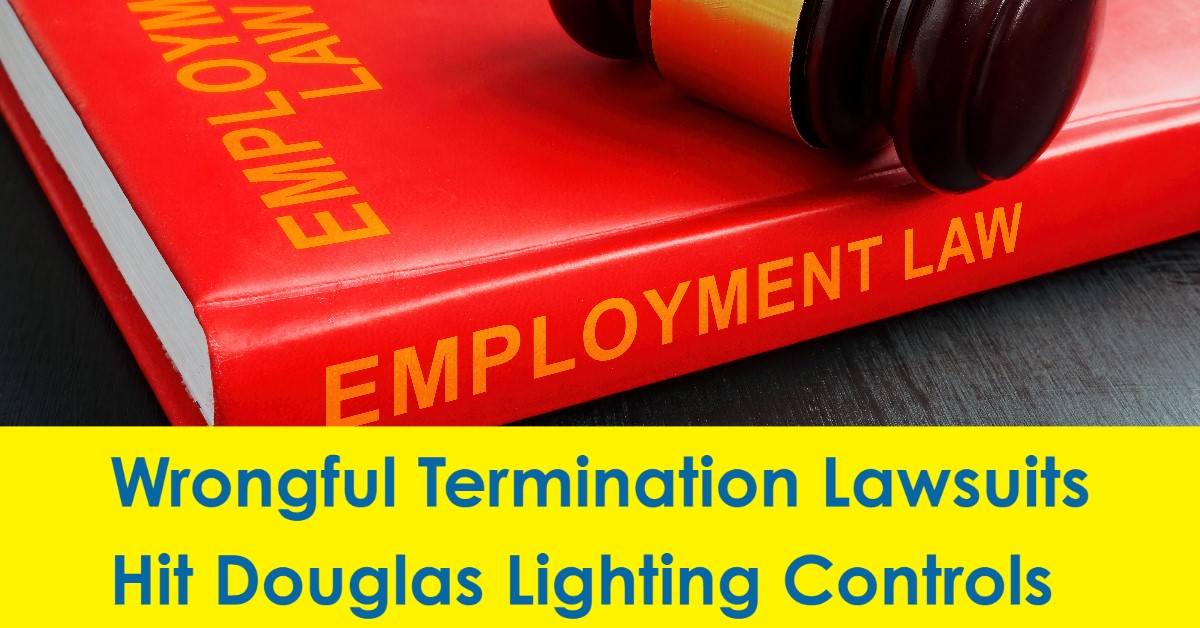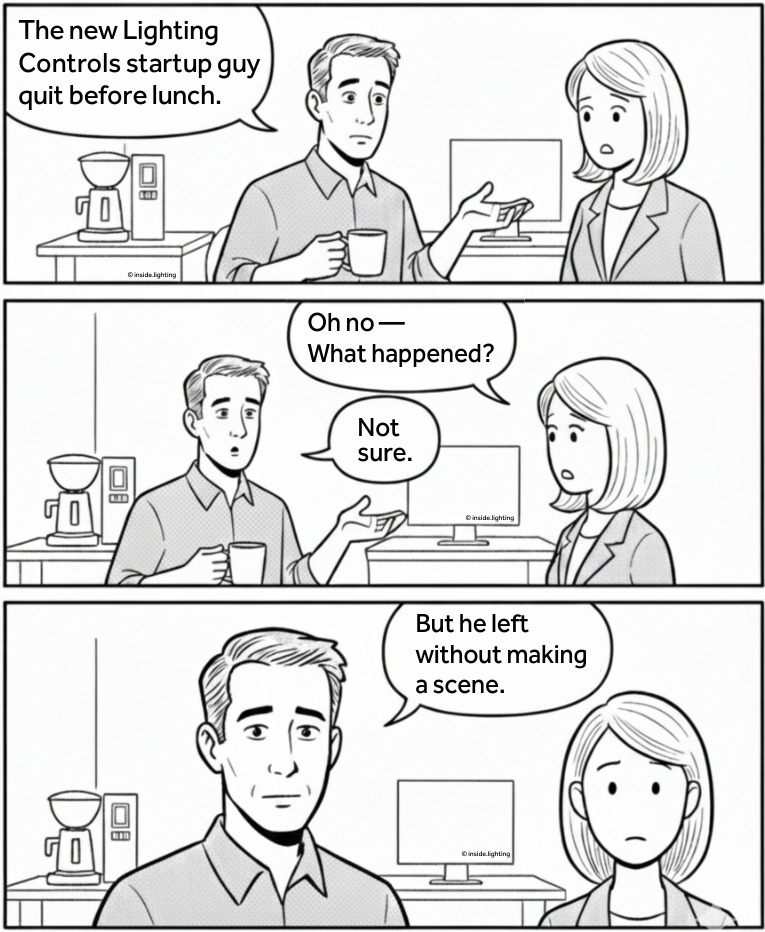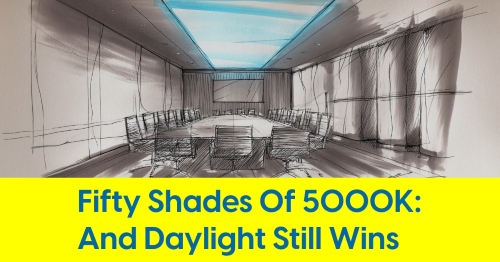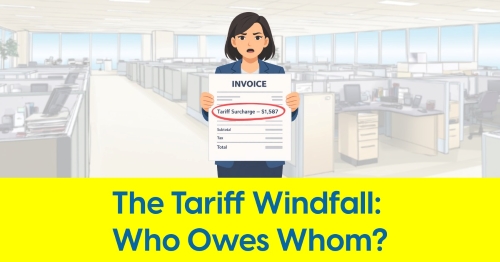May 22, 2023
Wrongful Termination Lawsuits Hit Douglas Lighting Controls

Abrupt layoffs spark two new legal cases for parent company, Atar Capital
BRITISH COLUMBIA, CANADA — Douglas Lighting Controls, along with its parent company, Atar Capital (California-based private equity firm), have found themselves facing two distinct, yet fundamentally similar lawsuits. Both suits are filed from the province of British Columbia, Canada, where two former employees allege wrongful termination.
Karen Veinot and Pedro Cabañas, represented by Vancouver's Samfiru Tamarkin LLP, both claim that their sudden layoffs from Douglas Lighting Controls on March 22 resulted in significant financial damages. Veinot, a veteran of the company with a 30-year tenure, was serving as Senior Production Design Coordinator with an annual income of $100,000 CAD. Cabañas, with 12 years under his belt, was earning $120,000 CAD annually in his role as Director of Information Technology.
A John Doe defendant
In an interesting twist, another corporate entity, presently designated as “ABC Corporation,” has also been named a defendant in the suit. The plaintiffs state that the identity of ABC Corporation is currently unknown and that the identity will come to light by the trial date. This could be a legal strategy to involve any company or companies that purchase assets of Douglas Lighting Controls.
In their allegations, Veinot and Cabañas accuse Douglas Lighting Controls of wrongful termination, "Fraudulent Conveyance" and "Fraudulent Preference." The lawsuits are seeking additional compensation and other special damages for the plaintiffs. A noteworthy claim asserts that Douglas Lighting Controls assets are being transferred to Atar Capital, and that any proceeds from the sale of Douglas' assets will be diverted to Atar.
These lawsuits and accusations could possibly cause hesitation for any company that is considering a purchase of Douglas Lighting Controls assets.
Asking for 18-24 months’ salary
Understanding the local employment standards in British Columbia, Canada, which are governed by the province’s 1996 Employment Standards Act, is essential in this case. Typically, employers intending to terminate employees must provide adequate notice or pay in lieu of notice, with the length and amount varying based on the duration of the employee's service. However, specific conditions apply when group terminations are involved, which might affect the case at hand given the shutdown of operations.
Both Veinot and Cabañas are seeking considerable damages. Veinot requests 24 months of salary, while Cabañas asks for 18 months' pay. Each of these asks seem to exceed the Employment Standards Act which states that after three consecutive years, the employer must provide three weeks’ notice, plus one week’s notice for each additional year of employment, to a maximum of 8 weeks. Both plaintiffs also seek additional monetary compensation related to their abrupt dismissals.
At the time of reporting, court records do not indicate if the summonses have been served to the defendants. Following service, each defendant will have between 3 to 6 weeks to file a response in court. This chapter of the ongoing Universal Douglas saga, it seems, is just beginning to unfold.
We did not receive an immediate reply to our email requesting comment from Universal Douglas.










